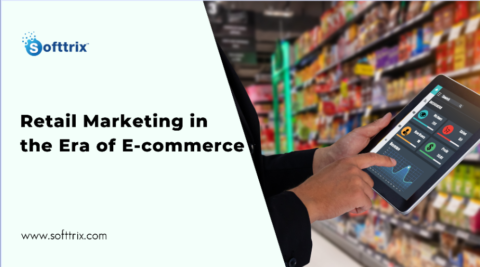Gaining a competitive edge today hinges on continuous skill development and personal growth. Whether you’re starting your career or transitioning into a new field, honing skills that enhance employability is vital. Career development isn’t just about new knowledge; it’s also about applying that knowledge in practical, real-world situations. So, what makes skill development essential, and how can it truly shape your future?
The Importance of Adapting to Change
In any profession, adaptability is essential. Technology and industries are constantly evolving, pushing job roles and workplace expectations to change as well. Professionals who stay current and can shift with these changes are more likely to succeed and enjoy sustained job satisfaction. Adaptation isn’t just about technical skills; it includes soft skills like communication, teamwork, and problem-solving, which help people thrive in a wide range of environments.
By committing to ongoing learning, you cultivate a mindset that welcomes change as an opportunity. In turn, this mindset allows you to excel, whether in a start-up, a large corporation, or even as an entrepreneur.
Networking and Mentorship as Key Drivers of Growth
Building a strong professional network and finding mentors can significantly accelerate your career growth. Networking opens doors, exposing you to valuable information and potential opportunities. Mentorship, meanwhile, gives you direct insights from experienced professionals, helping you avoid common pitfalls and focus on proven strategies.
By connecting with both peers and seasoned professionals, you gain insights that are often unavailable through formal training alone. Networking and mentorship are powerful because they expose you to ideas and approaches that can inspire and guide your journey toward ambitious career goals.
How Practical Placement Programs Enhance Real-World Experience
One highly effective way to gain practical experience is through programs like Premium Graduate Placements. For students and recent graduates, securing a spot in such a program provides essential exposure to real-world applications in their chosen fields. Unlike theoretical knowledge, which can sometimes feel detached from everyday tasks, placements offer hands-on experience that bridges the gap between academic learning and professional practice.
In a placement, individuals work under the guidance of experienced industry professionals, contributing to projects and tackling real challenges. This exposure to workplace dynamics not only hones technical abilities but also builds confidence and encourages proactive problem-solving. By the end of a placement, participants are more prepared and have relevant experience that gives them a competitive edge when applying for jobs.
Building a Personal Brand and Professional Image
Creating a strong personal brand has become crucial for all professionals. Your personal brand helps communicate your values, strengths, and goals, setting you apart in a crowded job market. Developing this brand may involve building an online presence, assembling a portfolio, or even writing about topics relevant to your industry. Your professional image should be authentic, aligned with your goals, and reflective of the unique skills you bring.
A well-curated brand can make a significant impression on employers or clients, giving them insight into your qualities and approach. Employers increasingly look beyond résumés, seeking candidates who exhibit passion, consistency, and dedication. Having a strong online profile, such as on LinkedIn, or a personal website showcasing your expertise, can help you stand out.
The Power of Lifelong Learning and Personal Growth
Formal education is just the beginning; lifelong learning is crucial to stay relevant and competitive. New developments, whether in technology, regulations, or trends, continually shape work environments. Lifelong learning helps you stay informed and demonstrates your willingness to evolve—a highly valued trait in the job market.
By embracing lifelong learning through courses, certifications, or self-study, you prevent career stagnation and remain open to exploring new fields. For those aiming for leadership roles or entrepreneurship, this mindset can be especially valuable, providing flexibility and adaptability across various circumstances.
Conclusion: The Continuous Journey of Career Development
Career success is not a fixed destination; it’s a continuous journey. Building a strong foundation through education and placements can set you on the right path, but your long-term growth depends on a commitment to self-improvement, embracing change, and nurturing valuable connections.
Every aspect of career development—networking, skill-building, personal branding—contributes to a more fulfilling professional path. By investing in these areas, you position yourself as a confident, adaptable professional ready for new opportunities. Whether you’re exploring the advantages of freelancing for career growth or developing technical expertise, the commitment to continuous improvement will always be your greatest asset.
Passionate content writer and savvy blog publisher, Aamir crafts compelling stories and insightful articles that captivate and inform. With a knack for blending creativity and strategy, they bring fresh perspectives to every piece. Dive into their world of words and discover content that resonates.





